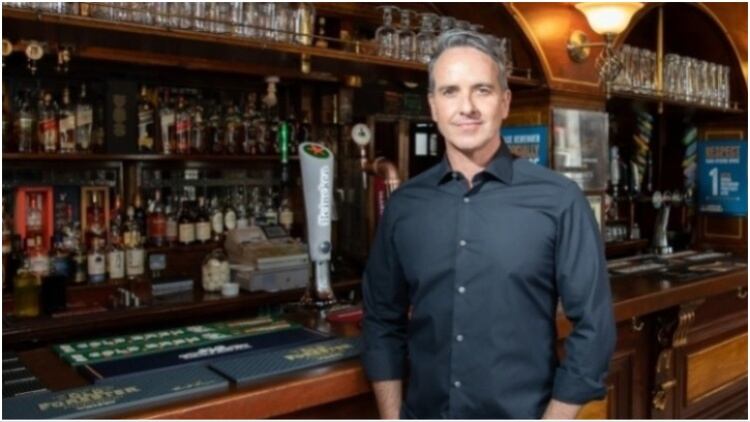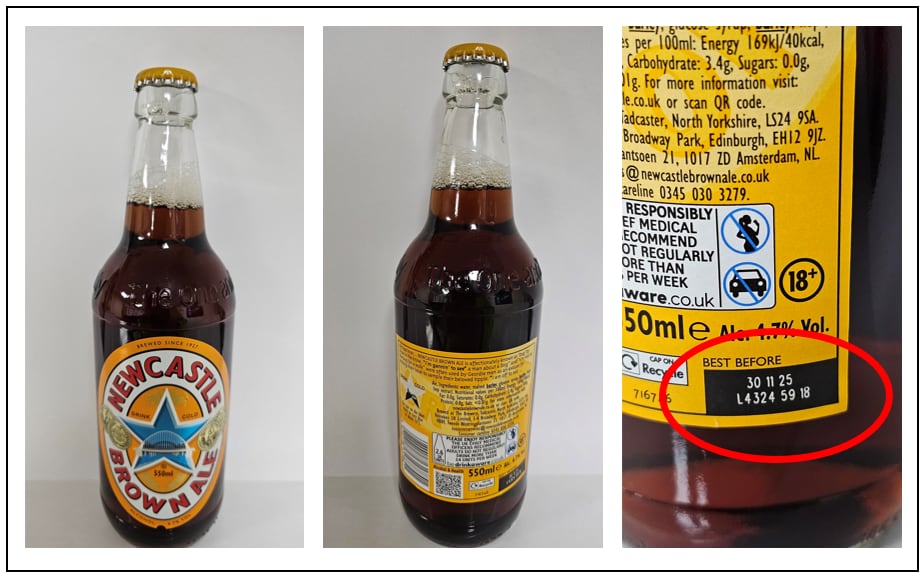Arts Council England said it was seeking to recover £400,000 of funds awarded to Primary Event Solutions during the pandemic following analysis of how the money was spent.
Lord, who was appointed to advise mayor Andy Burnham, and become a prominent hospitality campaigner during the pandemic, said the grant had been investigated twice and cleared of any fraud or wrongdoing.
He said the grant funds were used “appropriately to support staff wages and company stability” during the pandemic.
But he acknowledged there were a “small number of unintended oversights” which impacted the application’s clarity, and that the grant status has been updated.
The Warehouse Project and Parklife founder owned a minority 30% share in Primary Event Solutions, which is now in liquidation.
Andy Burnham confirmed he had accepted his adviser’s resignation and praised him as a “brilliant and vocal champion” who had supported the city in the role “out of his own pocket”.
Reputational risk
“Sacha has accepted there were inaccuracies in a grant application, and I believe him when he says there was no intention to mislead and that he made no personal gain from the grant,” he said.
On its website, Arts Council said there be a reason for it to withdraw a grant when a breach of the terms and conditions presents a “significant reputational risk”, such as when a grantee is in liquidation or insolvent.
Following the decision to withdraw the grant, the charity said: “We take our role as custodians of public money very seriously.
“If concerns are raised to us about a grant application or award, we investigate and take the appropriate action.”
Arts Council England, the liquidators, and the former directors of the company are understood to be privately working to reach a resolution.
Sacha Lord said: “While we acknowledge the change in grant status, we appreciate that Arts Council England have found that there is no finding against the company that it deliberately misled the Arts Council in this application.
“The company and its former directors have continued to work closely with Arts Council England to evidence that grant funds were used appropriately to support staff wages and company stability during the pandemic.
“However, given the company’s current status in liquidation, and recognising that there are a small number of unintended oversights which have impacted the application’s clarity under the criteria, we accept that the grant status has been updated.”
Deeply troubling
Lord went on to criticise “inconsistencies and a lack of proportionality” in the handling of the case.
“Not only has this application been reviewed twice previously by the organisation’s counter fraud team, which, after examining the financial evidence and invoicing, concluded on both occasions that it was compliant with grant guidance, but the length of time taken to bring the matter to a close raises cause for concern and these delays have taken a significant, personal toll on myself and my family,” he said.
He also cited an invasion of privacy, and the harassment of my wife during her pregnancy, as “deeply troubling”, and encouraging him to seek more personal time with his family.
“I am incredibly proud of what we have achieved as a city-region - earning recognition as the ‘night-time capital of the UK’, ranking eighth in the World’s Best Cities for Nightlife, surpassing global destinations like Budapest and Buenos Aires, and successfully introducing initiatives which will transform our nightlife for the better, such as 24-hour night buses,” he added.
“However, the emotional toll and experience over recent months has given me the opportunity to reflect and gradually step back from my role in Greater Manchester.
“With heartfelt thanks to the Mayor and his team, I have decided to continue in this direction and embrace a new chapter ahead - championing the sector on a national level with fresh focus and energy.”




